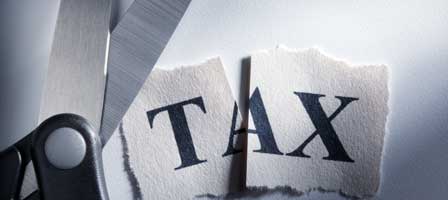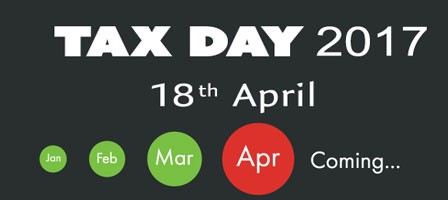KEEP A LOW AUDIT PROFILE
According to a recent news article in a large metropolitan newspaper, the IRS may be auditing fewer returns but they are getting smarter about choosing those they do audit. Their goal, of course, is to focus scrutiny on the most “audit worthy” returns – those with potential for big adjustments. As taxpayers, all of us would like to avoid an audit. But how does one avoid being “chosen”? While there’s no sure way, experts do offer advice on what to look for to help cut audit risk.
Are deductible expenses out of line with income? When a return goes through the IRS computer, it’s “graded” with a score that indicates how that return differs from an IRS norm for other returns in the same income level. For example, if your income was $32,000 and you claimed charitable contributions of over $20,000, the IRS system would very likely show more than a slight bleep when your return was processed. The chance of an audit would go up appreciably!
Where’s the hidden income? The IRS questions how savings can go up without a general increase in income from all sources. Thus, returns that show low income but indicate ever-increasing amounts of interest and dividend income can be high audit risk.
Do we have a mismatch? The IRS is expert in matching information on tax returns to what has been reported to them by employers, banks, brokerages, etc. To head off unwanted correspondence with the government, your tax return needs to accurately reflect the 1099s and W-2s you receive. Keep careful records of your accounts to ensure against mismatches.
Does the IRS understand your business better than you think? The IRS now has special audit guides that help their personnel understand the ins and outs of various kinds of businesses. If you’re in an occupation targeted by one of the guides, an audit may be more likely. Dozens have already been published zeroing in on a variety of occupations including truckers, innkeepers, lawyers, musicians, taxi drivers, and many others.
Are you a sole proprietor? If so, watch out. Sole proprietors stand out over others when it comes to being audited. Those with incomes over $100,000 “enjoy” a high audit rate. However, business owners with less than $25,000 annual income have one of the highest audit rates. One in twenty are “favored.”
If you get an IRS Notice: If you ever receive any communication from the IRS, don’t panic. However, your timely response will be one of the main keys to finding a satisfactory solution. To be certain, call us at once. Together, we will determine exactly what course of action needs to be made.








Leave a Reply
Want to join the discussion?Feel free to contribute!